 A minor is generally unable to bring a lawsuit on their behalf. As seen in the following case, this can lead to disputes about who the proper party is to bring a lawsuit for the minor.
A minor is generally unable to bring a lawsuit on their behalf. As seen in the following case, this can lead to disputes about who the proper party is to bring a lawsuit for the minor.
Shannon Jones and Jennifer Brunelle filed a lawsuit against healthcare providers, the manufacturers of a device used in surgery, and loss of consortium claims for their daughter, Haley Jones. They retained an attorney, Gary Roth, to represent them. They settled the medical malpractice claim against one of the defendants. Brunelle received letters appointing her as natural tutrix for their minor daughter, Haley Jones. They then filed a petition in the medical malpractice lawsuit to approve the settlement, which the court granted.
Brunelle then discharged Roth as her attorney and retained attorneys at the Gainsburgh firm. With the new representation, they settled with the medical device manufacturer. The settlement was not finalized until months later. Brunelle claimed her attorneys had committed legal malpractice while negotiating the settlement agreement and caused delays in finalizing it. After extensive disputes related to the underlying facts in the case, the trial court eventually granted the Roth defendants summary judgment motion. It dismissed Brunelle’s legal malpractice claims against the Roth attorneys. Brunelle appealed, claiming the trial court erred in dismissing her claims.
 Insurance Dispute Lawyer Blog
Insurance Dispute Lawyer Blog


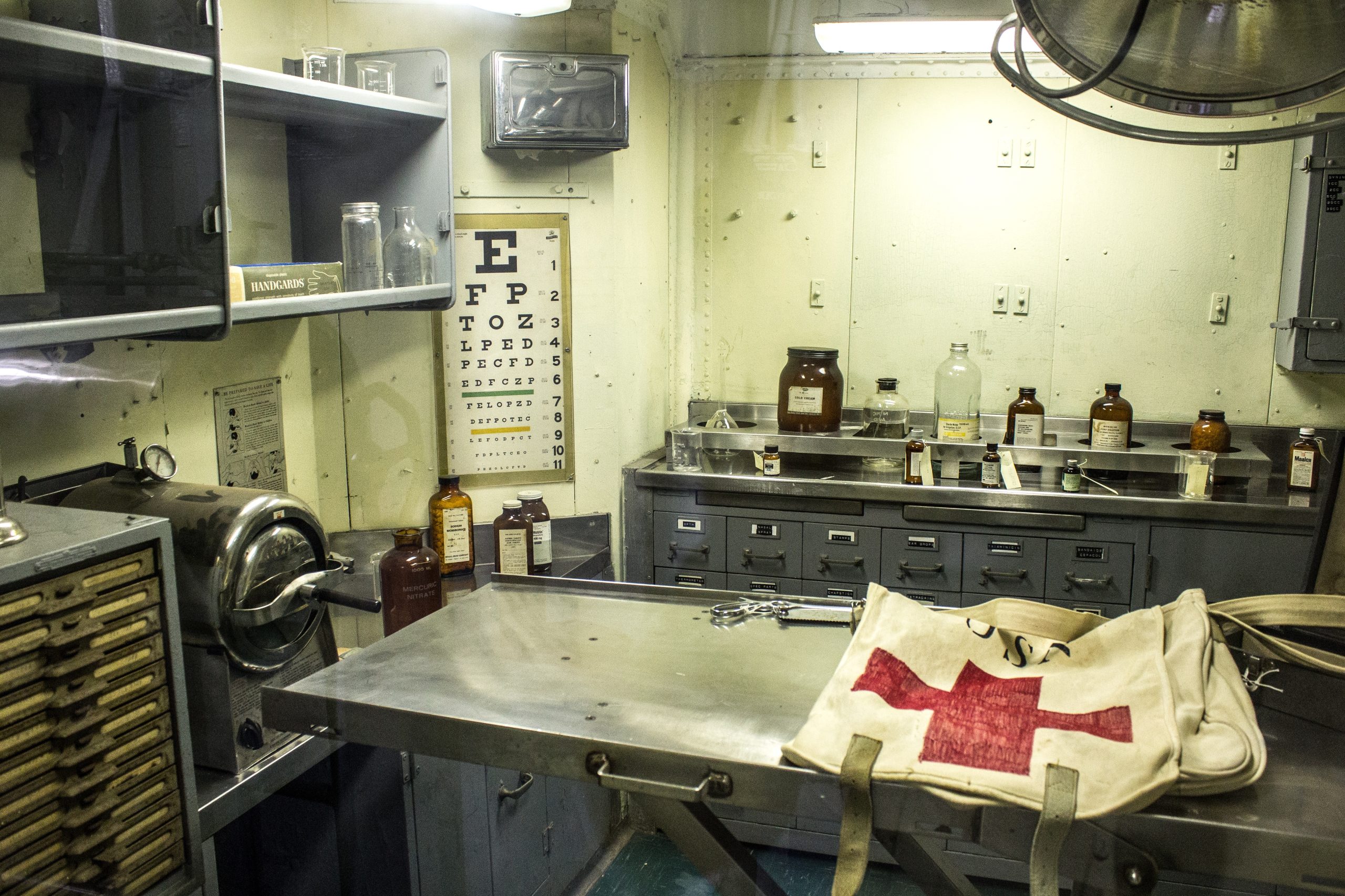 Medical malpractice claims are not always limited to instances during treatment or surgery and may, as one young patient argued, include failures that occur afterward or post-operatively.
Medical malpractice claims are not always limited to instances during treatment or surgery and may, as one young patient argued, include failures that occur afterward or post-operatively. 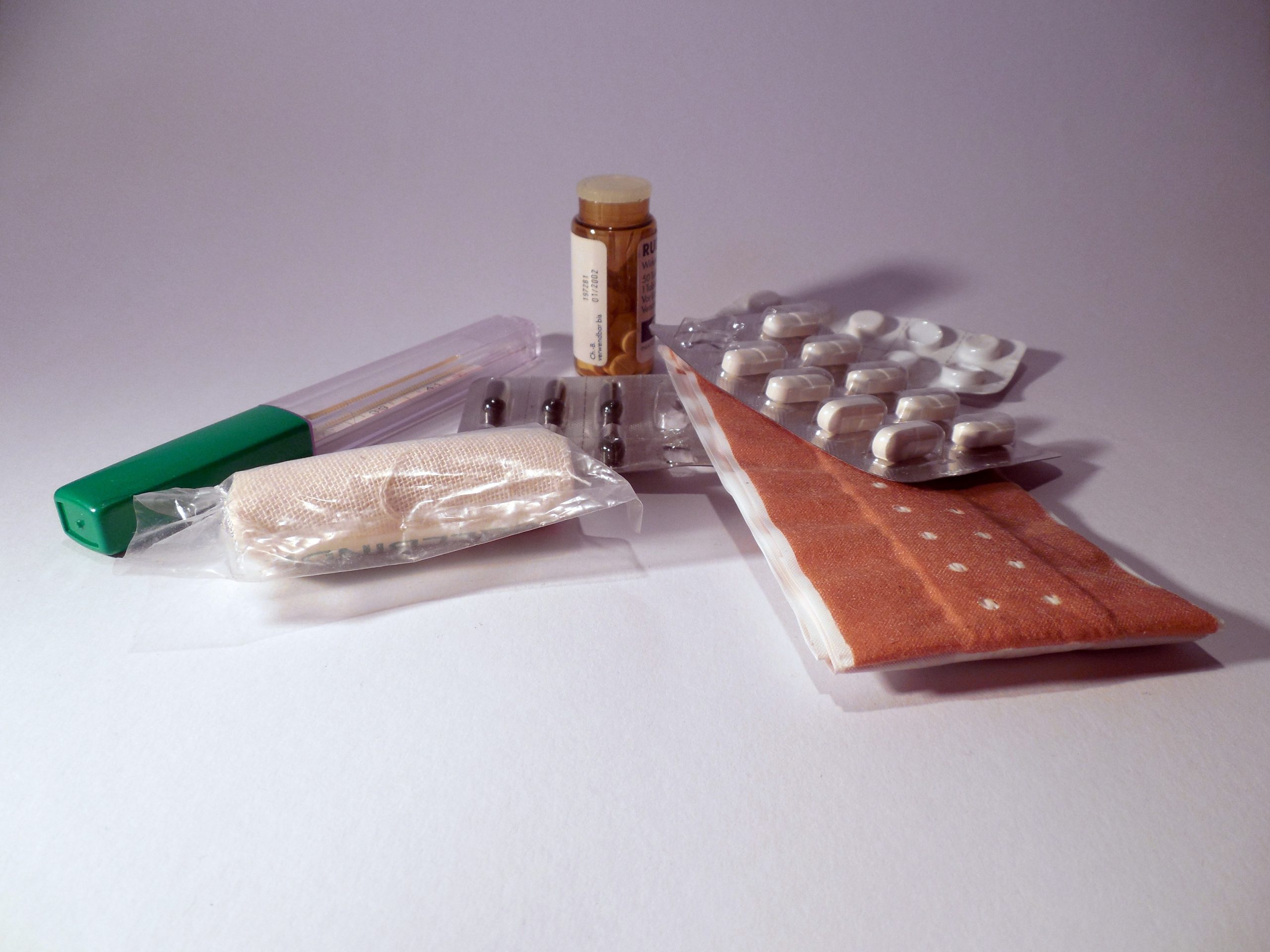 When a patient suffers from harm done to them by the negligence of a health care provider, he may be a victim of medical malpractice. A recent Louisiana Fifth Circuit Court of Appeals case explained why it is not always a case of medical malpractice when an avoidable medical death occurs.
When a patient suffers from harm done to them by the negligence of a health care provider, he may be a victim of medical malpractice. A recent Louisiana Fifth Circuit Court of Appeals case explained why it is not always a case of medical malpractice when an avoidable medical death occurs. In the event that you find yourself in the challenging position of pursuing a medical malpractice lawsuit against your doctor, the presence of an expert witness becomes paramount. Such a witness is instrumental in establishing the negligence of your treating physician. A recent case originating from the Parish of East Baton Rouge sheds light on the specific qualifications required for expert witnesses in medical malpractice cases and the circumstances in which their testimony may be deemed unnecessary. Join us as we delve into this notable court ruling, which clarifies the vital role of experts and the instances where their expertise may be exempted.
In the event that you find yourself in the challenging position of pursuing a medical malpractice lawsuit against your doctor, the presence of an expert witness becomes paramount. Such a witness is instrumental in establishing the negligence of your treating physician. A recent case originating from the Parish of East Baton Rouge sheds light on the specific qualifications required for expert witnesses in medical malpractice cases and the circumstances in which their testimony may be deemed unnecessary. Join us as we delve into this notable court ruling, which clarifies the vital role of experts and the instances where their expertise may be exempted. Medical malpractice claims are brought when a patient is a victim of negligence at the hands of their physician. Due to the nature of this category of claims, stories of medical malpractice are often horror stories showcasing worst-case scenarios. Even further, the most intense medical malpractice claims result in the death of the patient. Understandably, the patient’s family may seek to find responsibility for the death of their loved one. In the following lawsuit, a family fails to show the legal requirements to bring a medical malpractice claim after their family member died during surgery.
Medical malpractice claims are brought when a patient is a victim of negligence at the hands of their physician. Due to the nature of this category of claims, stories of medical malpractice are often horror stories showcasing worst-case scenarios. Even further, the most intense medical malpractice claims result in the death of the patient. Understandably, the patient’s family may seek to find responsibility for the death of their loved one. In the following lawsuit, a family fails to show the legal requirements to bring a medical malpractice claim after their family member died during surgery. 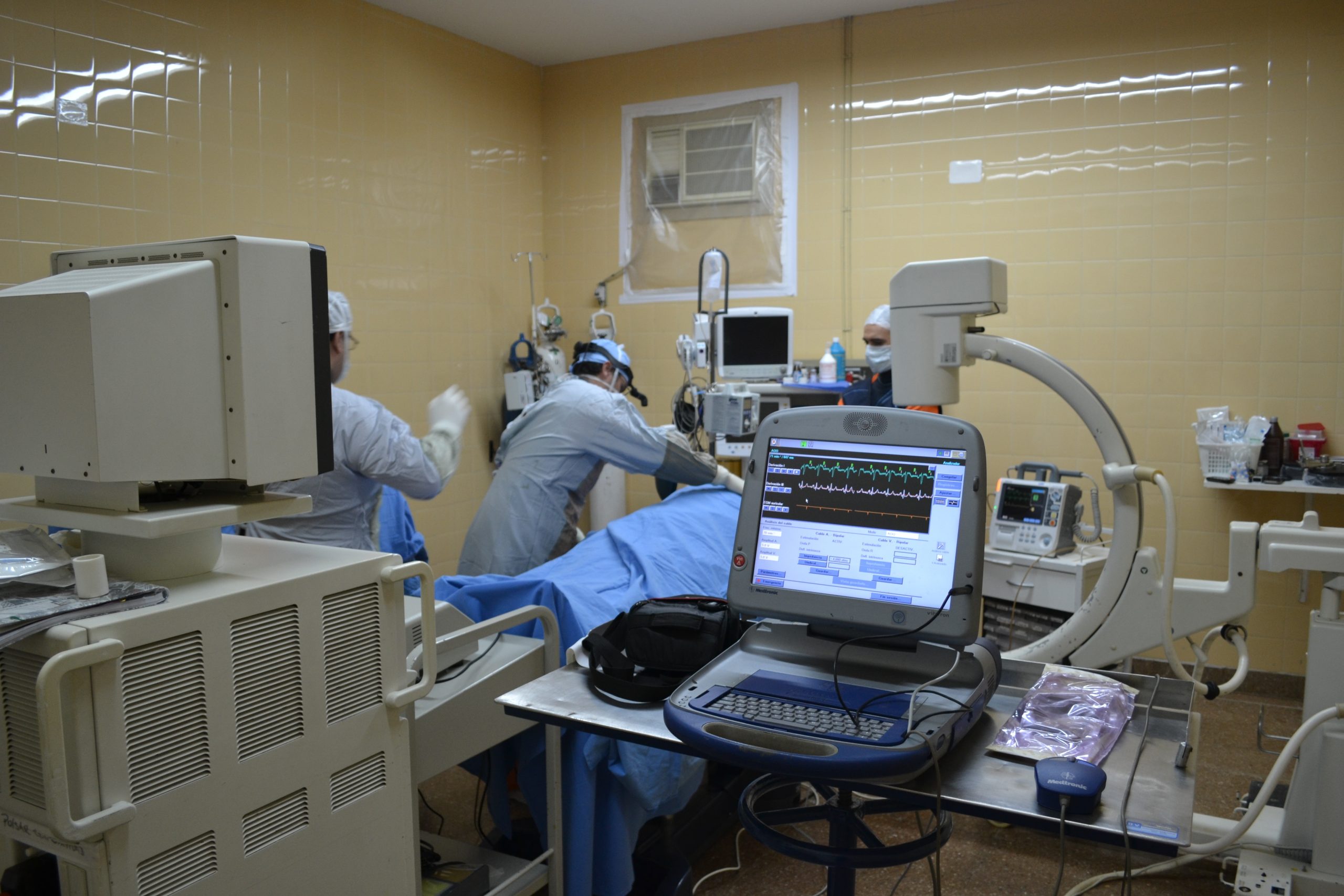 While much maligned in the popular consciousness, medical malpractice lawsuits serve a vital function in protecting patients’ rights when accessing healthcare. In Louisiana, a successful medical malpractice lawsuit must show the physician being sued had a standard of care for their patient, the physician violated this standard of care, and there was a connection between this violation and the injury suffered by the patient.
While much maligned in the popular consciousness, medical malpractice lawsuits serve a vital function in protecting patients’ rights when accessing healthcare. In Louisiana, a successful medical malpractice lawsuit must show the physician being sued had a standard of care for their patient, the physician violated this standard of care, and there was a connection between this violation and the injury suffered by the patient. You think that when you’re being taken care of by hospital personnel, you are in safe hands and do not have to fear for your safety. However, if you are injured when being moved from a hospital cart to your bed, can you claim negligence based on
You think that when you’re being taken care of by hospital personnel, you are in safe hands and do not have to fear for your safety. However, if you are injured when being moved from a hospital cart to your bed, can you claim negligence based on 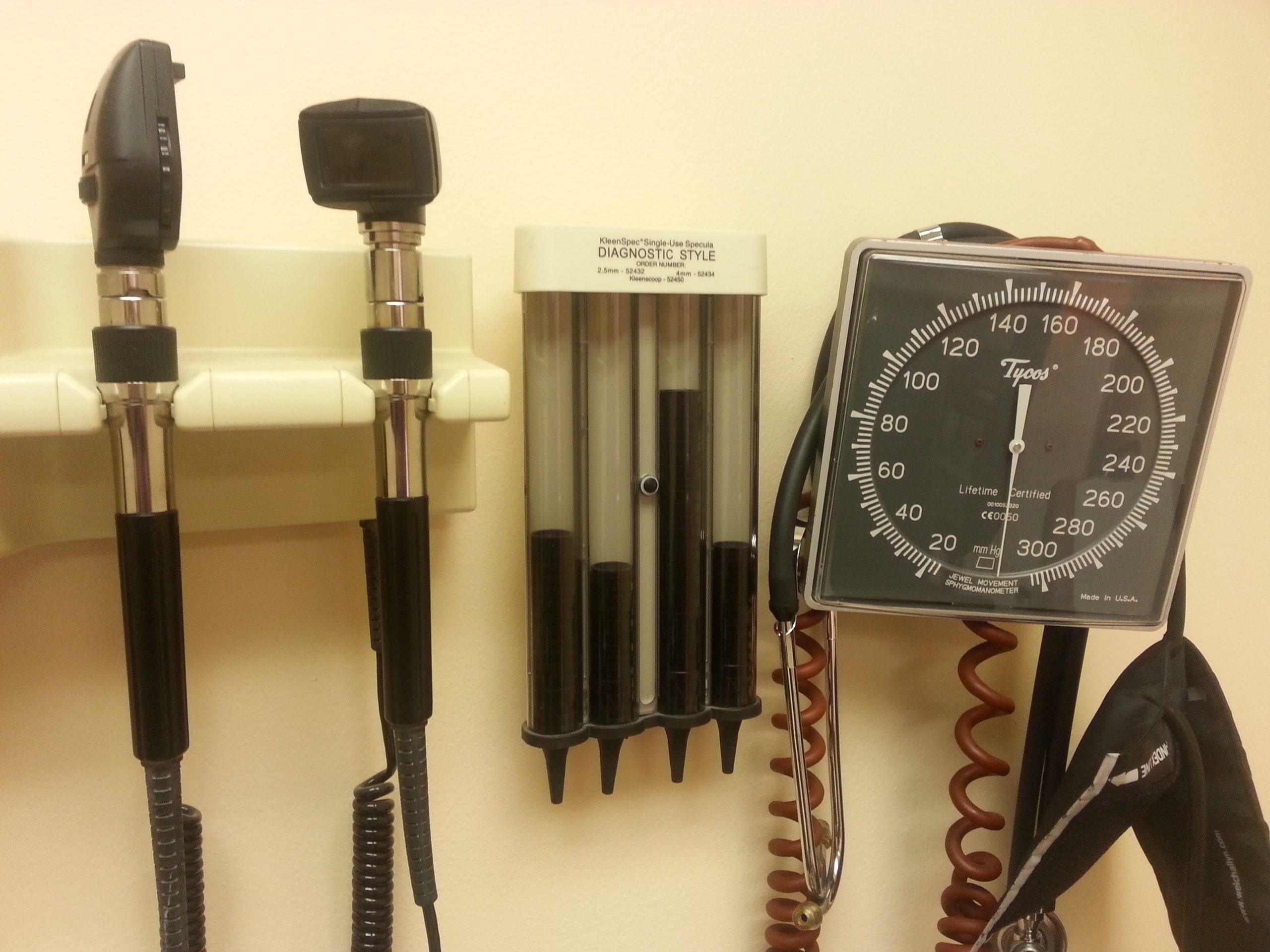 After a medical malpractice-induced injury, patients may need significant awards of damages to cover the expenses of a resulting disability. A case in Shreveport shows how to present substantial evidence of an ongoing need for care. It also helps answer the question; What kind of Evidence is Needed to Prove Future Medical Benefits in a Medical Malpractice Lawsuit?
After a medical malpractice-induced injury, patients may need significant awards of damages to cover the expenses of a resulting disability. A case in Shreveport shows how to present substantial evidence of an ongoing need for care. It also helps answer the question; What kind of Evidence is Needed to Prove Future Medical Benefits in a Medical Malpractice Lawsuit?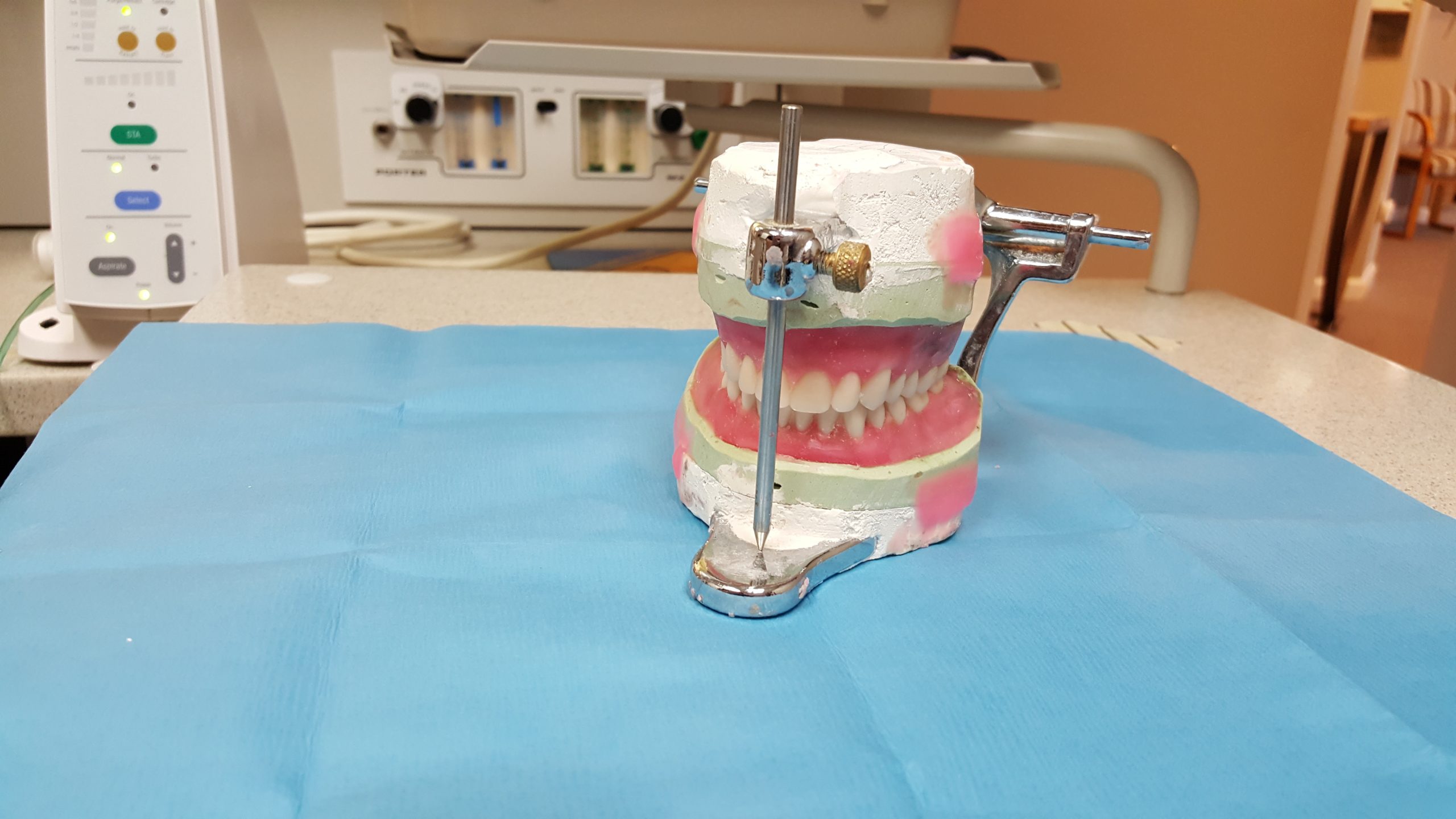 Appeals from trial court decisions can be costly, especially if the result is again not decided in your favor. Tara Lorraine (“Ms. Lorraine”), a dental patient at Bluebonnet Dental Care, L.L.C., learned this the hard way after appealing a jury verdict decided against her. The
Appeals from trial court decisions can be costly, especially if the result is again not decided in your favor. Tara Lorraine (“Ms. Lorraine”), a dental patient at Bluebonnet Dental Care, L.L.C., learned this the hard way after appealing a jury verdict decided against her. The  Filing a medical malpractice lawsuit in Louisiana requires the plaintiff to pay a bond before the medical review panel is conducted. But what do you do when you cannot pay the bond? Is there a way to still proceed with your case? The following medical malpractice lawsuit out of Jefferson Parish shows that if you are granted pauper status under La. C.C.P. art. 5181, you could be relieved of the bond requirement.
Filing a medical malpractice lawsuit in Louisiana requires the plaintiff to pay a bond before the medical review panel is conducted. But what do you do when you cannot pay the bond? Is there a way to still proceed with your case? The following medical malpractice lawsuit out of Jefferson Parish shows that if you are granted pauper status under La. C.C.P. art. 5181, you could be relieved of the bond requirement.